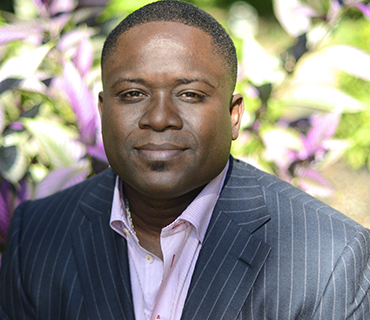1)
Keep your mind and spirit tuned! Take time every day to clear your mind. Meditate, pray or follow a similar routine to refresh your mind daily. As little as 15 minutes before your day starts will go a long way. Practice ways to improve your sense of peace, happiness, joy and overall minutes daily to years more in life expectancy.
- Physical resilience: accomplished by regular physical activity and not sitting still for more than 1 hour at a time. This allows our minds and bodies to deal with stress better and heal faster.
- Mental resilience: accomplished by performing tasks which promotes focus, discipline & determination. All of this increases our will power which in turn is an important factor in survival.
- Emotional resilience: the ability to generate positive emotions (3 positive emotions per hour) is protective and maintains our momentum and general good disposition
- Social resilience: accomplished by simply shaking someone’s hands for even six seconds, giving a hug, writing a letter & letting someone know you are thinking about them
2)
Drink plenty of water. Two liters daily is a good target. Water fills you up allowing you to feel better and fuller where it decreases the tendency to gorge on junk. Drinking one glass of water before each meal will allow you to eat less and therefore lose a few pounds. Consider water rich fruits when making food choices, such as tomatoes, grapes, kiwi, cantaloupes and watermelons which are at least 90% water. Drinking a cold glass of water forces your body to warm that water thus allowing you to burn a few more extra calories. Imagine that.
FYI: About 66% of your body weight is water. If you have certain conditions like heart, liver and kidney disease, one must always consult with their physician before proceeding with liberal water consumption.
3)
Cut back on the sugars, starches or carbohydrates. That means you must be mindful of the sodas, cakes, ice-cream, candy, big portions of spaghetti, mac & cheese with cornbread, potato salad and dressing with cranberry sauce. Yum but your belly will pay! Monitoring your carbohydrates, will help with unwanted calories, keep your weight down which in turn decreases your chances of getting things like diabetes.
4)
Eat leaner meats. Cut back on red meat. Limit fried foods as much as possible.
5)
Increase fish consumption. As little as 2 servings weekly will get you there. Some fish (like salmon, trout, mackerel, sardines & tuna) have good fatty acids that help fight high cholesterol and in turn heart disease.
6)
Eat more fruits and vegetables. Try going meatless one day weekly. If you get good at it, try going meatless a few days a week. Not eating enough fruits and vegetables is in of itself a risk for heart disease.
7)
Cut back on the salt. Limit canned foods. No table salt. High sodium diet contributes to high blood pressure, heart failure, poor bone development, kidney stone disease, increase water weight and swelling and some evidence support that it can also lead to stomach ulcers. So, limiting your chances for high blood pressure means decreasing your chances for, strokes, Alzheimer’s, and heart, kidney, eye & peripheral vascular diseases.
8)
Eat more nuts. Nuts like walnuts, almonds, pecans, Brazil nuts, hazelnuts, macadamia nuts, pistachios, cashews and peanuts as they have good fatty acids, fiber which help keep blood sugar down, and other chemicals called antioxidants that help fight inflammation and in turn help with fighting against age related memory loss and cancer.
FYI: Keep it natural and avoid as much as possible the salted or the candied varieties of these nuts.
9)
Keep it moving! In regards to exercise, we all know it is good but we tend to sometimes or never do it. Just consider this, if you get to be 66 or 99 years old, the tasks you do around the house will become harder and you are more likely to injure yourself doing those ordinary activities. As an Emergency Room doctor, I see many of my older patients suffer from rotator cuff shoulder injuries simply because they reached into the cupboard to grab a plate or pitcher. Gym membership is not required. Most everyone has access to a sidewalk or someplace to sit and do certain exercise routines. Again, consult your physician before you engage in a physical fitness regimen.
10)
Visit your doctor regularly. This sounds intuitive but people believe if they feel fine then everything is fine, UNTIL IT IS NOT. I am sure you take your car in for routine maintenance and so why would your human body be treated any less importantly while being more precious and much, much more complicated!
Stay spiritually in tune while remaining physically and mentally active. Take on tasks daily. Think of good things. Think of and do for others. Laugh more than you cry or grumble and maybe we could live life a bit longer and better for ourselves and each other.

